Department research into cancer and tumor biology begins at the level of basic science, using novel methods to understand the proteins and signaling pathways of cancers, and extends into early clinical trials for target drugs.
Explore some of the department’s strengths in basic science, clinical, and outcomes research.

Cancer & Tumor Biology
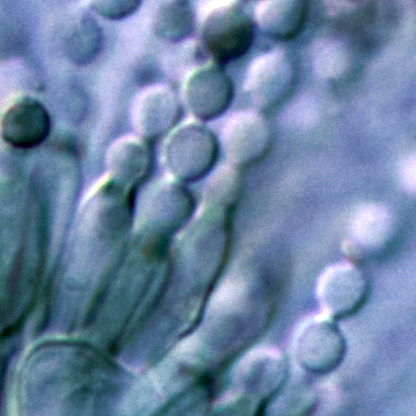
Drug Discovery
We’re developing new medicines from plant sources, and improving the way drugs target cancers through the use of nanoparticle drug-delivery platforms. Our work in drug discovery represents collaborations with researchers in cancer, pharmacology, medicinal chemistry, pathology, and others.
Groups & Investigators

Health Services & Outcomes
Department of Surgery faculty play key roles in statewide quality collaboratives and in the University of Michigan’s Institute for Healthcare Policy & Innovation. Research focuses on understanding the impacts of state and national healthcare policy, and on studying long-term patient outcomes following surgery.
Groups & Investigators
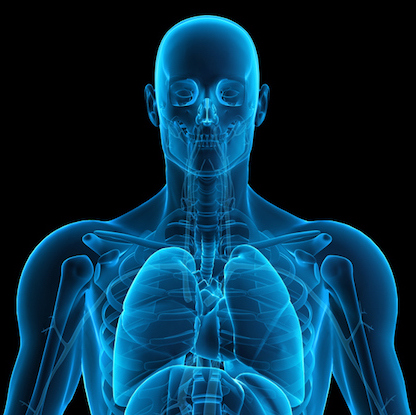
Musculoskeletal & Regenerative Medicine
By leveraging the body’s building blocks of nerve and bone, we’re creating new treatments for patients with congenital anomalies or injuries resulting from trauma or disease. For patients who’ve lost a limb, we’re working to develop a prototype of a regenerative peripheral nerve interface that would one day allow for control of prosthetic devices.
Groups & Investigators

Neonatal & Pediatric Conditions
The Department of Surgery faculty members explore a wide range of neonatal and pediatric conditions in their research efforts, reflecting the breadth of their expertise. This research seeks to improve the lives of our youngest patients.
Groups & Investigators

Obesity & Metabolic Disease
Disorders of the metabolic system pose one of the greatest threats to human health in part because we have few effective treatments. Researchers in the Department of Surgery aim to change that by studying the molecular mechanisms of dysfunctional metabolism in order to develop new interventions for diabetes and obesity.
Groups & Investigators

Professional Development
Department of Surgery faculty members are investigating faculty and trainee career development and working locally and nationally to enhance diversity, equity and inclusion in academic surgery. Our research seeks to advance the science of surgical excellence.
Groups & Investigators

Surgery Education
Our surgeon scientists are investigating new approaches to train surgeons and surgeon educators and optimize surgical training programs. We are seeking to advance surgical education research and innovation.
Groups & Investigators
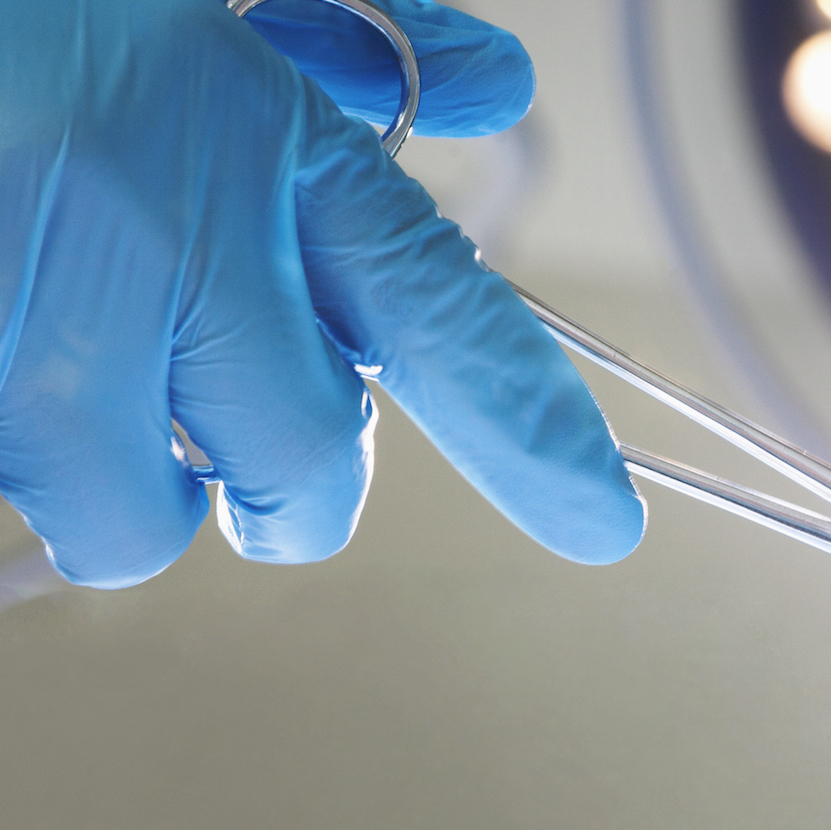
Surgical Devices & Technology
By teaching and modeling entrepreneurship, Department of Surgery faculty advance the development and commercialization of new treatments, new medical devices, and new ideas for the delivery of care.
Groups & Investigators
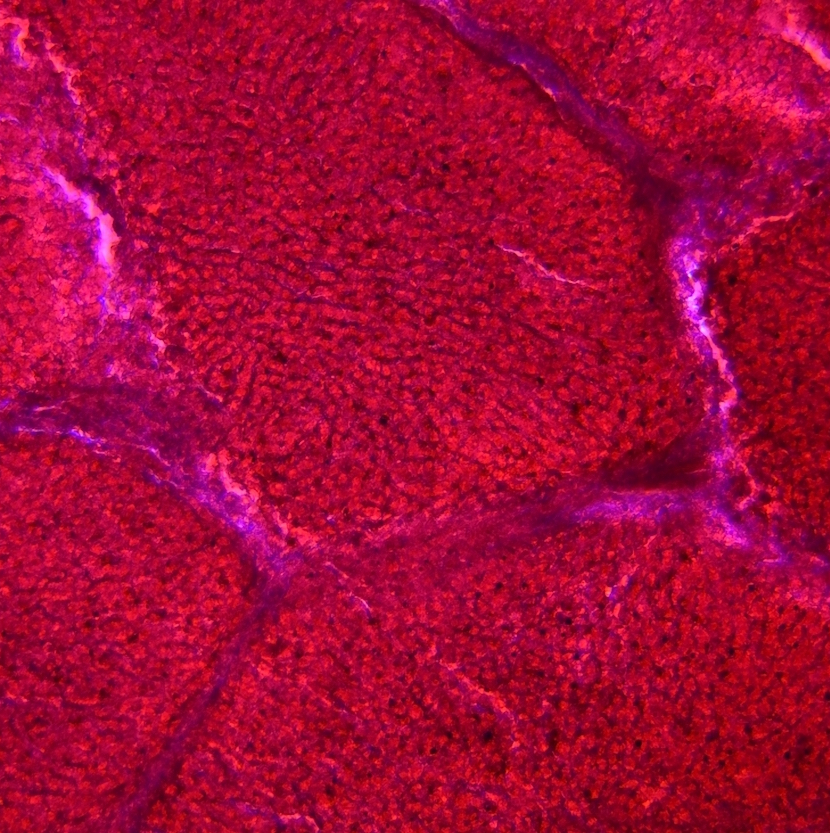
Transplantation
Our multidisciplinary transplantation research program studies new methods and technologies for replacing or augmenting failing organs, and investigates the behavior of the immune system in order to extend our understanding of what’s possible.

Trauma & Critical Care
From studying crash test data to developing novel treatments for severe burns, our trauma and critical care researchers bring a multidisciplinary perspective to their work, with the goal of improving trauma survivors’ quality of life and reducing the societal burden of severe injuries.
Groups & Investigators
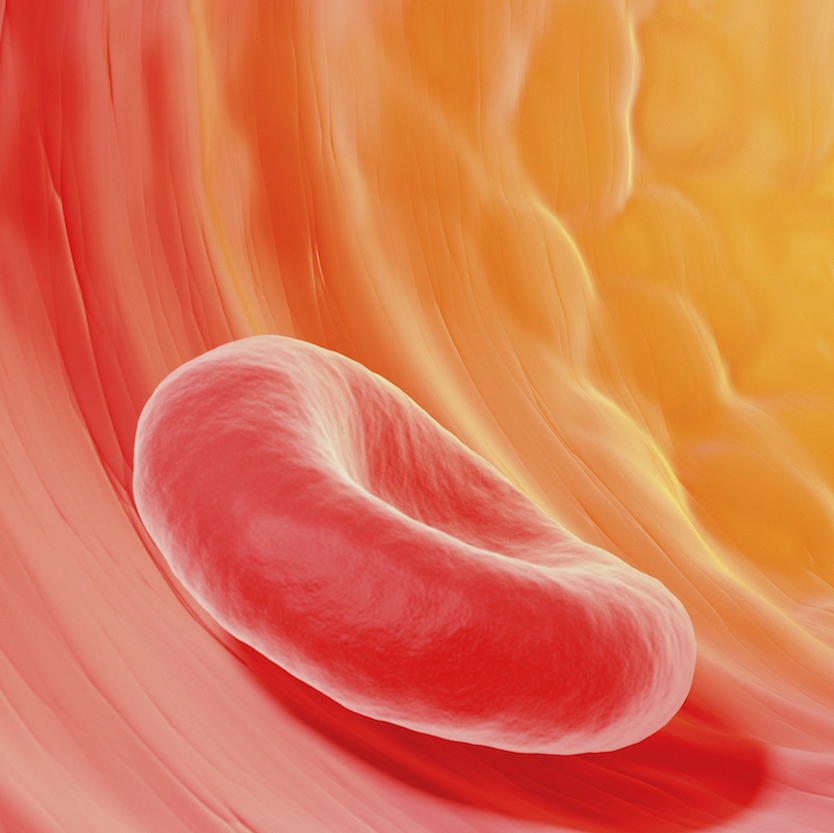
Vascular Biology
With more than a dozen dedicated faculty, our vascular research program is one of the largest of its kind and covers a broad scope of interests — including venous thrombosis, vascular inflammation, thrombus resolution, traumatic injury, nephropathy, abdominal aneurysms, and image-based modeling of hemodynamics.
Explore research strengths in each of our surgical specialty sections:
Interested in Learning More?
Visit the Department of Surgery Research website to find out more about the research being conducted throughout the department.


